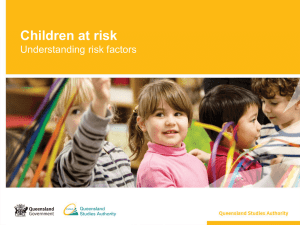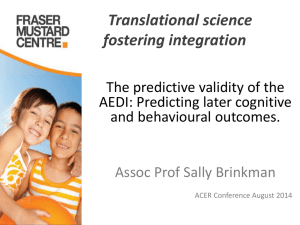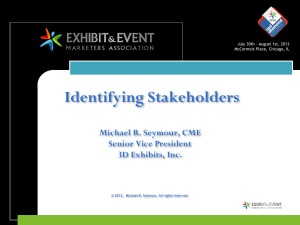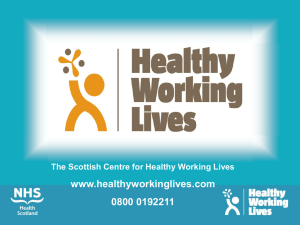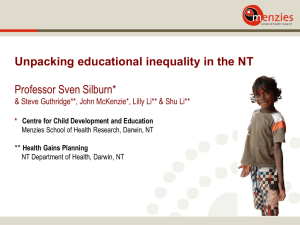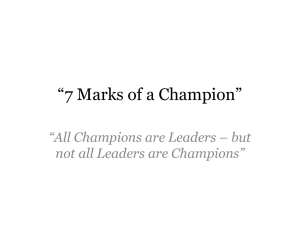Connecting Community through the AEDI
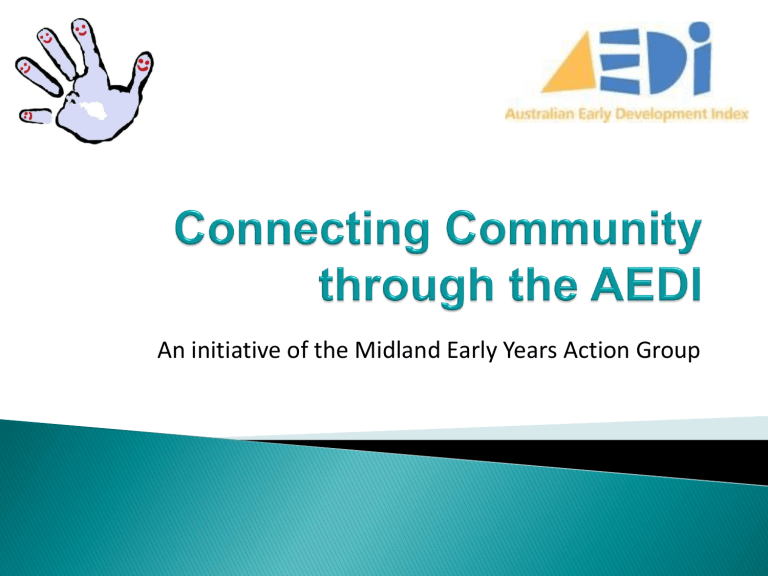
An initiative of the Midland Early Years Action Group
MEYAG encourages partnerships between various agencies and community members to promote positive development and well-being of children aged 0 to 8 years in the Midland area.
Formed in 2003 and coordinated by the City of Swan.
MEYAG consists of community groups and agencies, not-for-profit agencies, local and state government agencies including schools, and a local parliamentary member.
MEYAG currently has over 30 members who actively participate in monthly meetings or MEYAG working groups.
The Australian Government has provided funding of $2.6 million to implement the AEDI ‘Local Champions’ Program.
WA received $525K to enable ‘champions’ to work directly with WA communities to respond to their AEDI results.
‘Local Champions’ have been selected through an EOI process and will work with communities that demonstrate high proportions of vulnerability as revealed by the 2009-2011 AEDI results.
Midvale Early Childhood and Parenting Centre (MECPC) applied on behalf of the MEYAG and were selected to develop a locallevel project.
Connecting Community through the AEDI connects ‘Local
Champions’ with the community to promote awareness and understanding of the AEDI.
It identifies and employs appropriate methods to disseminate the
2009-2011 AEDI results within target communities allowing it to become a catalyst for action towards improving the early developmental outcomes of children.
A project of Midvale Early Childhood and Parenting Centre, the City of
Swan, Shire of Mundaring and the Midland Early Years Action Group.
The Foothills Information Referral Service, also funded under ‘Local
Champions’, has united with this collaboration in aim of strengthening the implementation of the ‘Local Champions’ Program across neighbouring regions.
Child & Adolescent Community Health - Inland Health Promotion has contributed to the development of the project’s resources and will carry out the project’s evaluation.
Swan community
Ballajura Beechboro
Bellevue Ellenbrook
Herne Hill Kiara
Koongamia Lockridge
Midland Stratton
Mundaring community
Midvale
Swan View
Kalamunda community
Forrestfield
Gooseberry Hill
High Wycombe
Kalamunda
Maida Vale
Wattle Grove
Over a quarter of children living in Swan and Kalamunda communities are developmentally vulnerable on one or more
domains.
More than half (56.5%) of children in Midvale are developmentally vulnerable on one or more domains.
More than one fifth of children in Bellevue, Forrestfield, Herne Hill,
Koongamia, Lockridge, Midland, Midvale and Stratton are developmentally vulnerable on two or more domains.
These figures are significantly higher than State and National figures.
Since pilot AEDI studies in 2004 and 2006, MEYAG have used the
AEDI data to identify it’s priority areas, focussing on the domains of vulnerability as well as celebrating the domains where children are doing well.
Connecting Community through the AEDI sees the AEDI data being presented to the wider community.
Six MEYAG members have been identified and trained as ‘Local
Champions’ and will help disseminate the AEDI information and results to the community.
Connecting Community through the AEDI will support agencies, schools and parents to understand the concepts of;
Early brain development
Ecological model of child development and;
AEDI
For parents and carers: It will help to facilitate the conversation around healthy early childhood development.
For agencies and schools: It will provide a platform for change and will inform decision making.
Distributed to 35 different groups including;
Department for Communities
Child Health and Child Development
Family Centres
Polytechnic West
Family Day Care & Inclusion Support
Midvale Early Childhood & Parenting
Child Australia
Meerilinga
Our AEDI brain boxes contain;
3 model brains
Resource folder
Talk Read Sing Play tip sheet
CD-rom of resources
Early development slides
Ultimately MEYAG aim to achieve positive and sustainable outcomes for children and families as identified by the AEDI and other social indicators.
MEYAG hold a planning day every two years to help the group identify its priorities and action areas. The day involves:
Bringing MEYAG members and others together to review evidence such as
AEDI and ABS data.
To brainstorm issues affecting families and young children in the Midland area and;
To discuss in detail strategies that could be undertaken to:
Enhance the health and wellbeing of young children and;
Enhance parent empowerment and capacity
Some of the recent MEYAG initiatives that have been a result of planning days in 2008 and 2010 include:
Speech and Language Professional Development (2009)
Play and Story-time Sessions (2009)
Fun Around Books (FAB) subgroup (2010-current)
Playgroups on school sites (2010-current)
Connecting Community through the AEDI aims to generate a community response to the AEDI.
MEYAG will work alongside communities to assist the development and implementation of new projects.
Four training sessions organised for childcare workers & early education teachers
• Early brain development
• 2008 AEDI results
• Strategies and resources to address AEDI
• Referral pathways to Community and Allied
Health services
• High levels of vulnerability in the language & cognitive skills domain.
• Many children arriving at school with language delays undiagnosed and untreated.
• Significant delays in accessing public allied health support through Child Development
Services.
• Child care is where early development unfolds, for a vast majority of young children.
• 91 people attended all four sessions.
• ‘How to talk to parent’s and ‘referral of children with possible speech and language delays’ was considered valuable information by participants.
• Participants felt more encouraged to act where they might have areas of concern with children.
• Eight participants were challenged to be even more intentional in their interactions and activities with children to enrich their learning environment.
• Many commented on the need to not underestimate children’s capacity for learning and look for natural opportunities to make a language-rich environment.
Midland Early Years projects rely on committed and passionate people...
Partnerships between agencies and communities are crucial...
Our planning days are important in affirming the role of the group and our priorities...
Creating a united and leading body for early years in
Midland!

